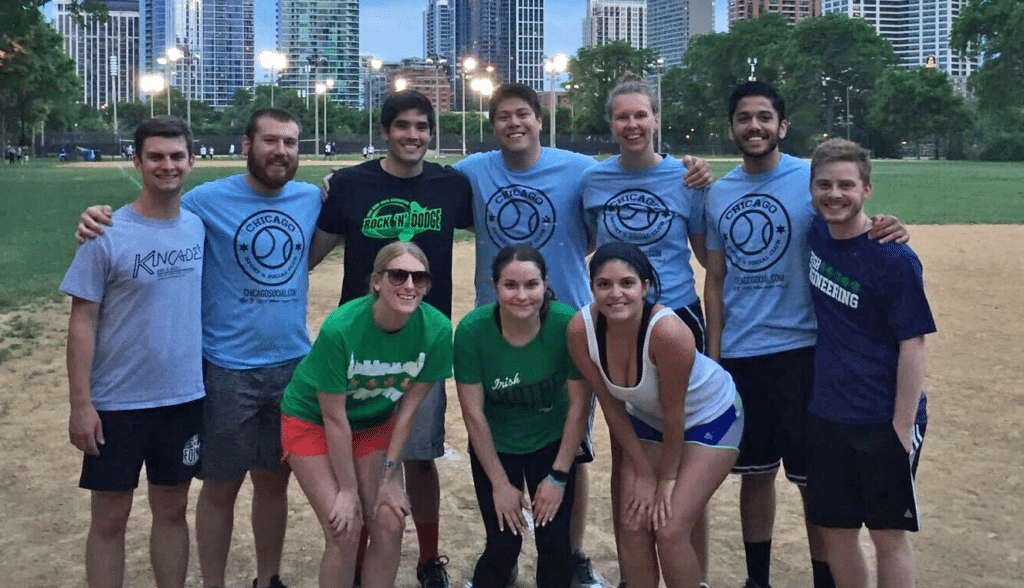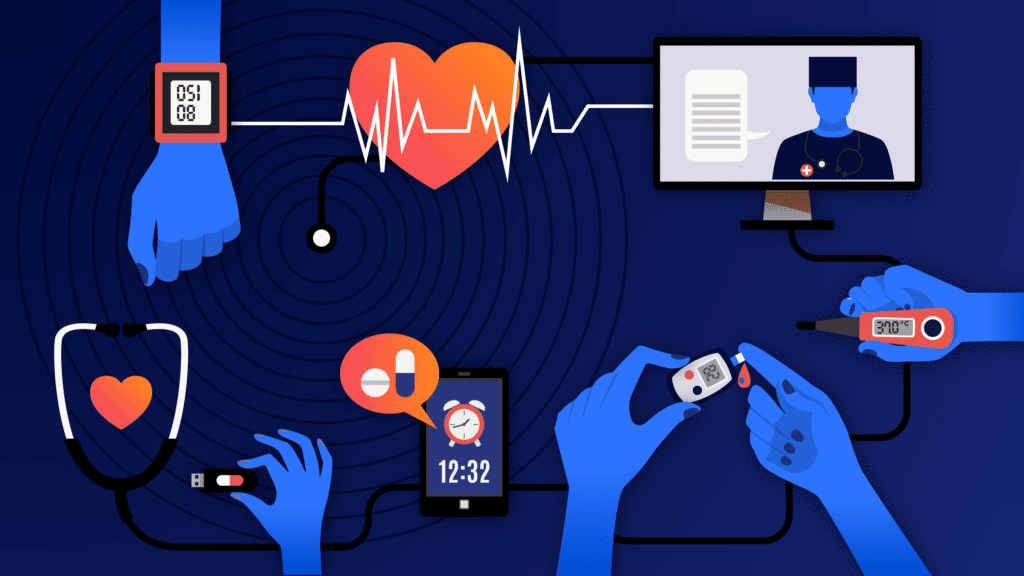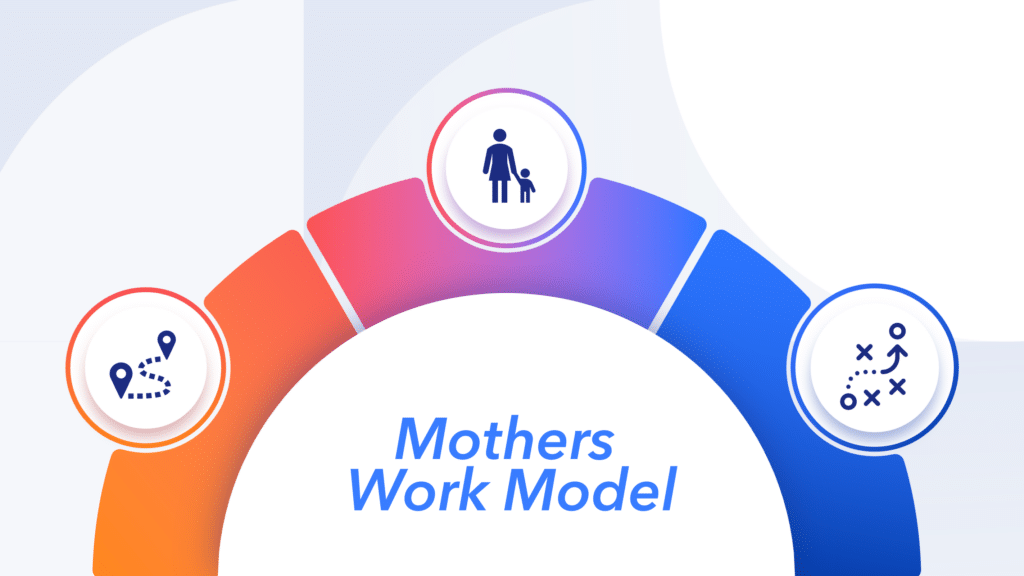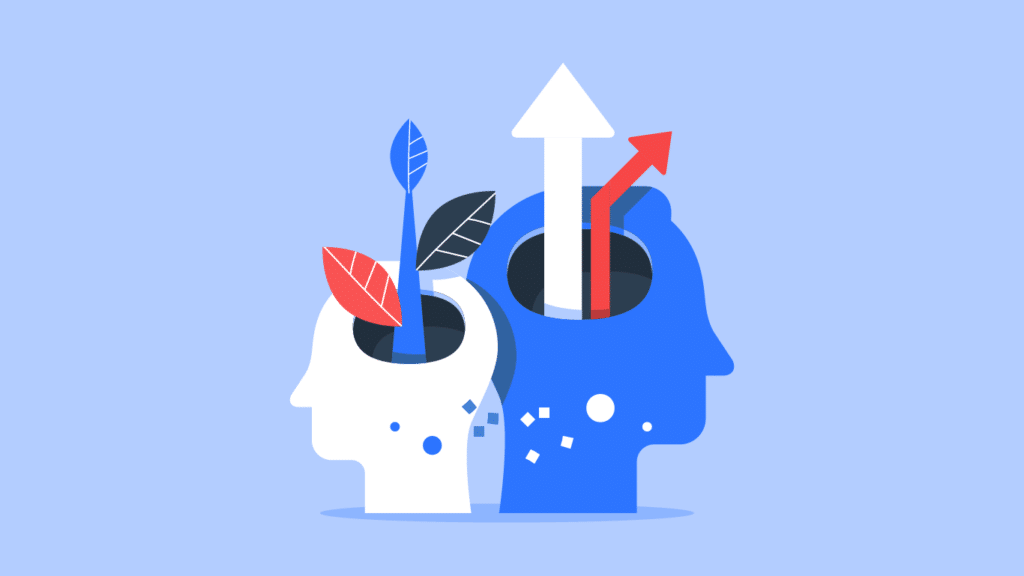Companies across the world have pumped millions of hours and billions of dollars into improving the customer experience (CX) for their products and services. Competition is fierce, and customers are fickle. Deliver a poor CX, and they’ll move on to a better experience without a second guess.
But as businesses and brands keep a heightened focus on customers, they are missing a huge opportunity by not looking in the mirror and optimizing their own workplaces to ensure success. Doesn’t the experience within their organization matter? Wouldn’t a better work environment that’s centered on modern realities and opportunities for innovation lead to a potentially limitless partnership in which the end results are happier employees and a more resilient, sustainable company? I’d argue yes.
Think about work for the past century or so. Generations of workers have a meaningful volume of repeatable tasks that can be truly mundane. Imagine if employees were more value-oriented rather than task-oriented. Maybe the post-digital workplace era is about value delivery instead of operational excellence.
Unlike modern customer experiences seen in the retail world, employees are not armed with highly intuitive tools that motivate repeat usage. Most workplace tools, by way of limited features and poor usability, actually end up deterring employees from getting their work done. For instance, organizations with modern time and expense systems have greater cash-flow control compared to organizations that have clunky systems where late submissions are more common because “it takes too long; I’ll do it later.”
Make it digital
What could definitely help strengthen the overall experience is tapping into the capabilities of smartphones and tablets, as an example. Mobile-friendly experiences are still fueling so much growth in today’s digital economy. Because the screen is so small, it forces a level of design simplicity to complete tasks that were previously done on a traditional computer or web browser that can present more choices, distractions, or noise.
The fact that you can order clothing, book a hotel and schedule a restaurant table in any city in fewer than five taps at anytime, anywhere, and on any device is beyond incredible. The economy is essentially in our pockets. This level of convenience is sorely lacking in the workplace, particularly as we move into hybrid working models.
Another popular societal trend that is lacking in the workplace is the use of artificial intelligence and machine learning for day-to-day work. Google, Amazon, and Facebook arguably know more about the consumer than the consumer themselves — imagine if we applied that same level of machine learning to power or even automate our workplaces so that it inherently knows what to do and just does it. Can you imagine?
The potential benefits of incorporating these CX-based elements into the workplace experience are huge. Giving people the right tools allows them to focus on their job and create value, whereas poor tools create distractions and inhibit innovation. If you have the appropriate tools, you’d have greater compliance, deeper engagement, increased innovation, and endless potential. It’s as simple as that.
Make it memorable
The engagement is self-explanatory; it’s the happiness factor. I will argue that it sets the bar for the modern workplace. The more you give modern experiences to your people, the greater the employee base can see it as table stakes and launch from there. Now their efforts are about exceeding where they are today rather than trying to catch up.
Just imagine if employees were armed with commercial-grade experiences that matched or surpassed Amazon, TikTok or Instagram; productivity and engagement metrics would skyrocket. Imagine if people became addicted to their work (in a good way, of course).
Ultimately, the mindset and practice of human-centricity need to explode in every organization. Digital-native companies like Robinhood, Uber, and Airbnb designed their business around the needs, wants, and motivations of a customer. Furthermore, they use data to change and evolve their businesses to keep in lockstep with shifting customer preferences.
Legacy companies simply don’t do that today — it’s too much of a hurdle due to legacy policies, legacy processes, legacy systems, and legacy mindsets. But they should make innovation an essential function. Staff it like you want to win and have some intentionality behind it. Only then will you create better experiences that your people can get excited about.






